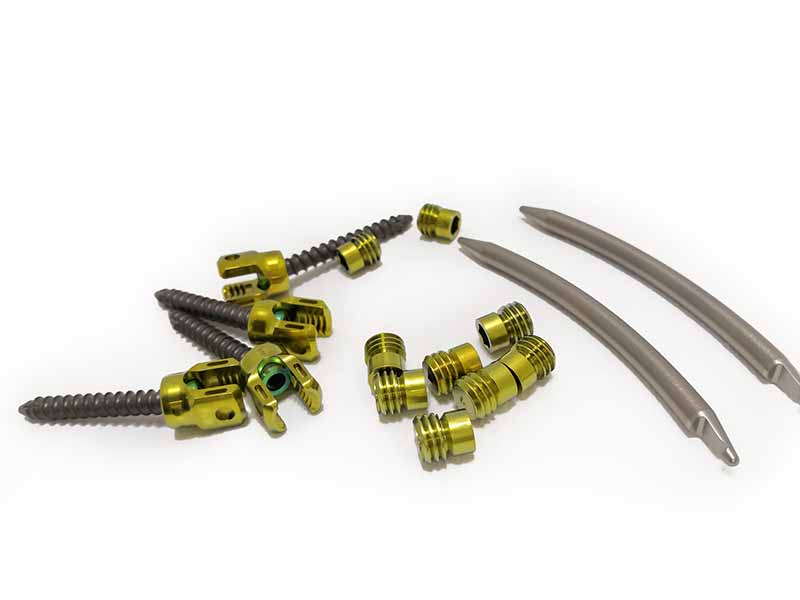A federal appeals court revived a whistleblower lawsuit against a medical device maker based on a “fraud-on-the-FDA” theory of liability within the False Claims Act (FCA). In reversing a district court’s decision in part, the Ninth Circuit ruled that Medtronic must face a lawsuit alleging it fraudulently obtained Food and Drug Administration (FDA) clearance for devices used in spinal fusion surgeries, and that these fraudulent practices led to physicians submitting false claims to Medicare.
The case
The Dan Abrams Company LLC sued Medtronic under the qui tam provision of the FCA, which allows whistleblowers, who are called relators, to bring lawsuits on behalf of the federal government and share in any recovery if the case is successful. The FCA is a safeguard against Medicare and Medicaid fraud, and many cases are originated by whistleblowers who are often employees, or former employees, of the defendant in FCA claims. In this case, the Dan Abrams Company’s sole member, Bryan Shapiro, is a former Medtronic employee.
After its FCA lawsuit was dismissed by a lower court, the relator appealed, alleging that Medtronic not only caused false claims to be submitted to Medicare by fraudulently obtaining FDA clearance for its devices, but also by unlawfully marketing the devices for off-label and contraindicated uses and by giving illegal kickbacks to physicians to entice them to use the devices. The Ninth Circuit agreed with the District Court’s dismissal on the counts involving unlawful marketing and illegal kickbacks, but the Court partly overturned the “fraud-on-the-FDA” count.
Fraud-on-the-FDA
The relator alleged that Medtronic defrauded the FDA into granting it Class II clearance for several devices. Since Medicare reimbursement requires FDA clearance, the devices would have been ineligible for reimbursement from government programs if not for Medtronic’s fraud, according to the theory of the relator’s case.
The devices in question fall into two groups. One is “Contraindicated-Only Devices,” which allegedly could not be used for their labeled intended use in the thoracolumbar spine and could only be used for their contraindicated use in the cervical spine. The relator alleged that Medtronic falsely represented the devices’ intended use in its clearance application. According to the relator, the devices at issue posed different questions of safety from Medtronic’s previously approved devices, and if Medtronic disclosed that the devices were intended for use in the cervical spine, then the FDA may have required that Medtronic obtain Class III approval, a much more time-consuming and expensive process.
The other category is “Extra-Use Devices,” which could be used for their stated intended purpose in the thoracolumbar spine, but which were contraindicated for use in the cervical spine. The relator alleged that Medtronic secretly intended to sell the Extra-Use Devices for their contraindicated use.
The Ninth Circuit upheld the district court’s dismissal with regard to the Extra-Use Devices, noting that the federal government allows reimbursement for off-label and even contraindicated uses, so Medtronic’s alleged omission about its intent to market the devices for a contraindicated use was immaterial to the FDA’s clearance for Extra-Use Devices.
But the Court reversed the lower court’s decision with regard to the Contraindicated-Only Devices, holding that the lawsuit could go forward on this count. For these devices, the relator does not merely allege off-label use, but lack of proper clearance for any use. These devices cannot be used for their labeled intended use and they can only be used for their contraindicated use, according to the relator’s claims.
The FDA and the FCA
In addition to labeling the allegations baseless, Medtronic argued that the FCA was not the proper vehicle for bringing a fraud-on-the-FDA claim. But the Ninth Circuit disagreed, citing the precedent it set in a previous case. “In Campie, we noted that other jurisdictions had ‘cautioned against allowing claims under the False Claims Act to wade into the FDA’s regulatory regime,’” the Court said. “Yet we nevertheless allowed the relator’s fraud-on-the-FDA theory to go forward.”
In its decisions in Campie and this most recent case, the Ninth Circuit has diverged from other courts, which have hesitated to accept fraud-on-the-FDA theories of liability for FCA cases. It will be interesting to see if other circuits adopt the Ninth Circuit’s stance that noncompliance with FDA regulations can form the basis of FCA liability.




